C. M. Rubin’s Monthly Global Education Report
In her interview with CMRubinWorld this month, Julia Gillard, former Prime Minister of Australia, speaks about the troubling trends in world politics: “We have seen strong anti-globalization sentiment worldwide,” and how to address them: “Globalization has exposed students to a far greater range of ideas, cultures, languages, places and ideologies than ever before. Knowing how to understand these things, communicate and utilize them will be essential to their future success.” Gillard states that her vision for education remains the same, which is “to provide all children, no matter where they live, their nationality or their gender, with a great quality education.” She emphasizes that “gender equality still eludes us” and that “every child deserves to be learning, regardless of their gender or location.”
This month we asked our global Millennials to share their perspectives on the institution of the modern family – How do they see normal in the 21st Century? “As globalization has shifted our economy and as the ability for one breadwinner to support a family fades, we are witnessing a shift in what is deemed culturally acceptable,” says Jacob Deleon Navarrete. “We are beginning to welcome a buffet of relationships and contexts to promote an adaptive, flexible, modern economic family unit. This modern family unit fits the modern economic imperative: it is changeable, personal, and user-friendly.” Isadora Baum continues: “This evolution in lifestyle, purpose, and family dynamic isn’t just changing the antiquated ‘norm’; it’s erasing the whole concept of a norm. I don’t believe that normal exists anymore.” “Change has almost always come from a challenging of the normative, not compliance with it,” writes Harmony Siganporia. “In the meantime, more power to them each and all, who seek to design the size, shape and origin story for their choices and couplings; for their ability to create communities premised on love, understanding, compassion and the possibility of happiness in a world intent on destroying itself whole.”
Employers’ complaints that new college graduates aren’t ready for the workplace have become world headlines. In an interview with CMRubinWorld, global thought leader Charles Fadel says that solving the problem means changing what competencies we assess in students that “would prepare them for employment.” Students are currently in education systems that need to prepare them for jobs which in many cases don’t exist and for technologies that haven’t been invented. The job landscape is changing dramatically with new jobs being created as others are being automated. There is a significant gap between success in school and employability skills because, notes Fadel, “current assessment systems do not reflect the demands of the labor market.” Fadel believes business leaders must be more “innovative” and work with those colleges that are change leaders.
People are moving more freely across borders and continents and this has kept the topic of immigration in the world’s headlines and sparked widespread protests in many countries including the United States. We spoke with US historian and acclaimed author Vincent Cannato who says that while “America was multicultural long before ‘multiculturalism’ was fashionable,” the history of Ellis Island “represents America’s attempt to regulate who could and could not come through this country.” Cannato says that “Race always has played a role in American society” and that “every immigrant group had attached to them some negative trope.” Cannato also notes that virtually all the current discussion about immigration “deals with those who are here illegally or who are ‘undocumented.’ Attempts at restricting legal immigration have gone nowhere.” The U.S. continues to admit around one million legal immigrants each year. Historically “there has been a bias in favor of those who could take care of themselves and a bias against those it was believed could not and therefore would become public charges. Today we tend to favor immigrants who have direct relatives already in the U.S. — that is a modern way that we define ‘desirability’.”
Our Top Global Teacher Bloggers report that Character education matters more than ever. “As educators, we don’t just teach content, we must also teach the ethical behavior that has too long been neglected in society,” notes Craig Kemp in Singapore. “We have found that mindfulness and drama are specifically great to learn about self-discipline and empathy. Regularly presenting kids with judgement problems and difficult questions to think about powers up their ethics muscles,” says Elisa Guerra in Mexico. “All educators (and parents) should understand that we model behavior for students. Morals are most often caught, not taught. What we do is even more important than what we say,” says Vicki Davis in the US. “The full human potential cannot be understood without the development of strong values and a clear sense of purpose that to be fully human is to refuse all actions and thoughts that reduce our humanity,” writes Miriam Mason-Sesay in Sierra Leone.
Our thanks once again to all our amazing teachers, millennials, other contributors and supporters around the world. We look forward to more of your contributions next month. When it comes to the world of children, there is always more work to be done.
(Photos are courtesy of CMRubinWorld)
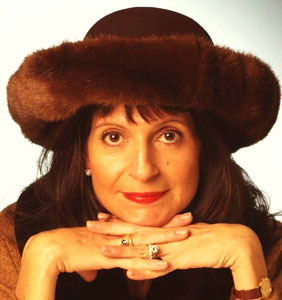
Join me and globally renowned thought leaders including Sir Michael Barber (UK), Dr. Michael Block (U.S.), Dr. Leon Botstein (U.S.), Professor Clay Christensen (U.S.), Dr. Linda Darling-Hammond (U.S.), Dr. MadhavChavan (India), Professor Michael Fullan (Canada), Professor Howard Gardner (U.S.), Professor Andy Hargreaves (U.S.), Professor Yvonne Hellman (The Netherlands), Professor Kristin Helstad (Norway), Jean Hendrickson (U.S.), Professor Rose Hipkins (New Zealand), Professor Cornelia Hoogland (Canada), Honourable Jeff Johnson (Canada), Mme. Chantal Kaufmann (Belgium), Dr. EijaKauppinen (Finland), State Secretary TapioKosunen (Finland), Professor Dominique Lafontaine (Belgium), Professor Hugh Lauder (UK), Lord Ken Macdonald (UK), Professor Geoff Masters (Australia), Professor Barry McGaw (Australia), Shiv Nadar (India), Professor R. Natarajan (India), Dr. Pak Tee Ng (Singapore), Dr. Denise Pope (US), Sridhar Rajagopalan (India), Dr. Diane Ravitch (U.S.), Richard Wilson Riley (U.S.), Sir Ken Robinson (UK), Professor Pasi Sahlberg (Finland), Professor Manabu Sato (Japan), Andreas Schleicher (PISA, OECD), Dr. Anthony Seldon (UK), Dr. David Shaffer (U.S.), Dr. Kirsten Sivesind (Norway), Chancellor Stephen Spahn (U.S.), Yves Theze (LyceeFrancais U.S.), Professor Charles Ungerleider (Canada), Professor Tony Wagner (U.S.), Sir David Watson (UK), Professor Dylan Wiliam (UK), Dr. Mark Wormald (UK), Professor Theo Wubbels (The Netherlands), Professor Michael Young (UK), and Professor Minxuan Zhang (China) as they explore the big picture education questions that all nations face today.
The Global Search for Education Community Page
C. M. Rubin is the author of two widely read online series for which she received a 2011 Upton Sinclair award, “The Global Search for Education” and “How Will We Read?” She is also the author of three bestselling books, including The Real Alice in Wonderland, is the publisher of CMRubinWorld and is a Disruptor Foundation Fellow.
Follow C. M. Rubin on Twitter: www.twitter.com/@cmrubinworld

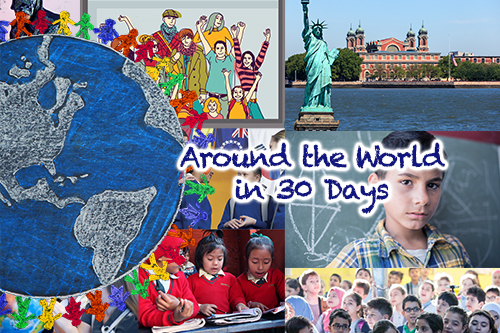

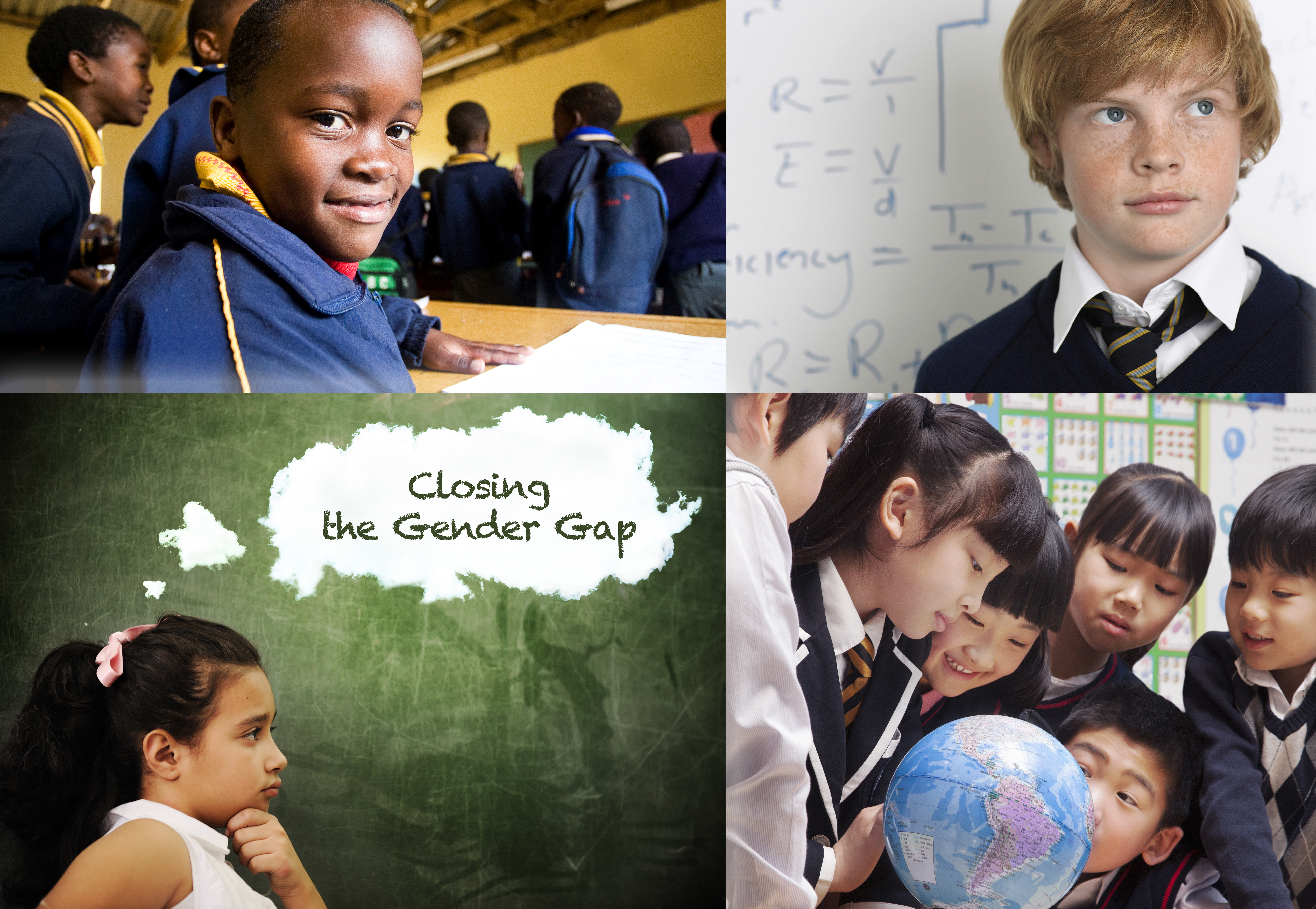
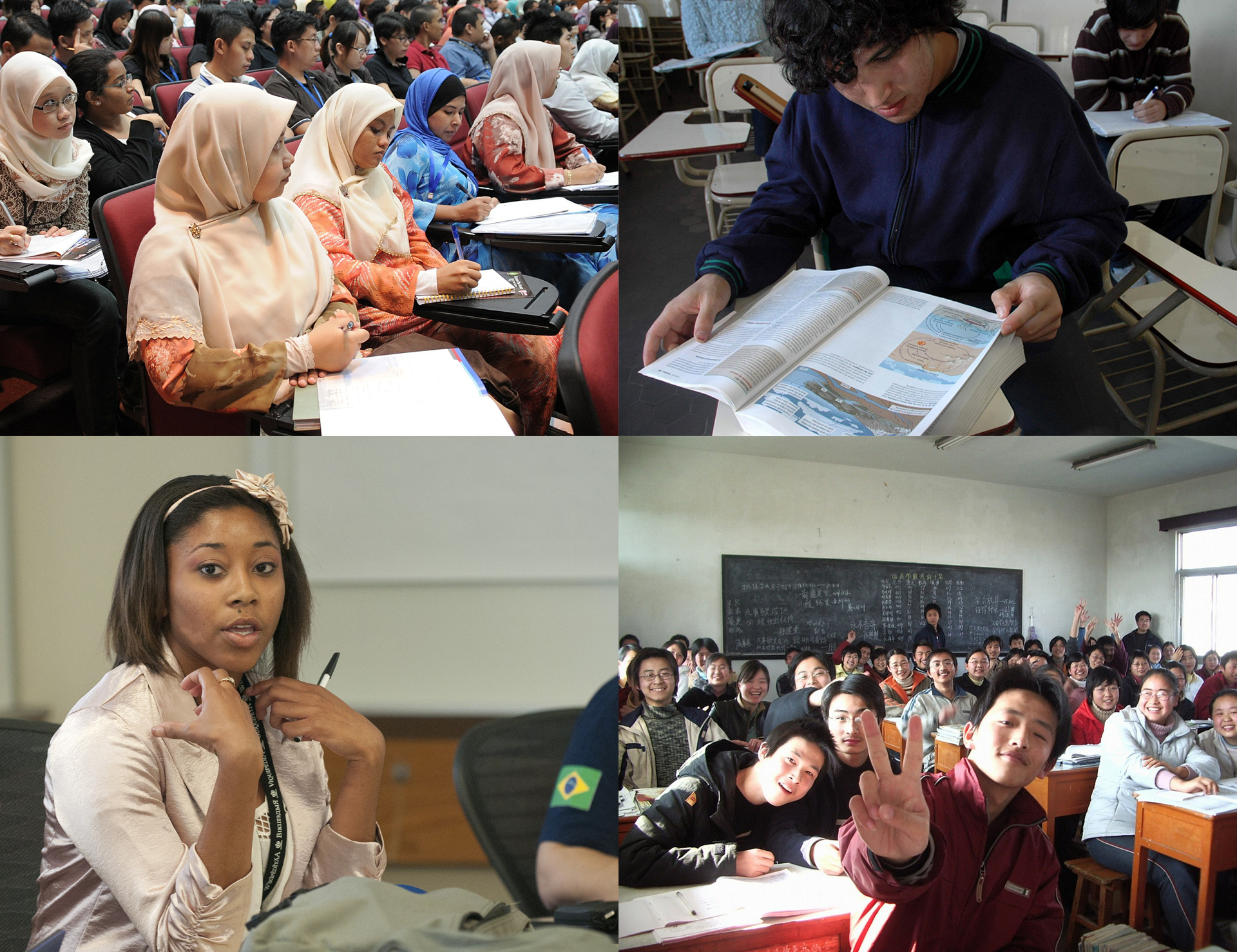
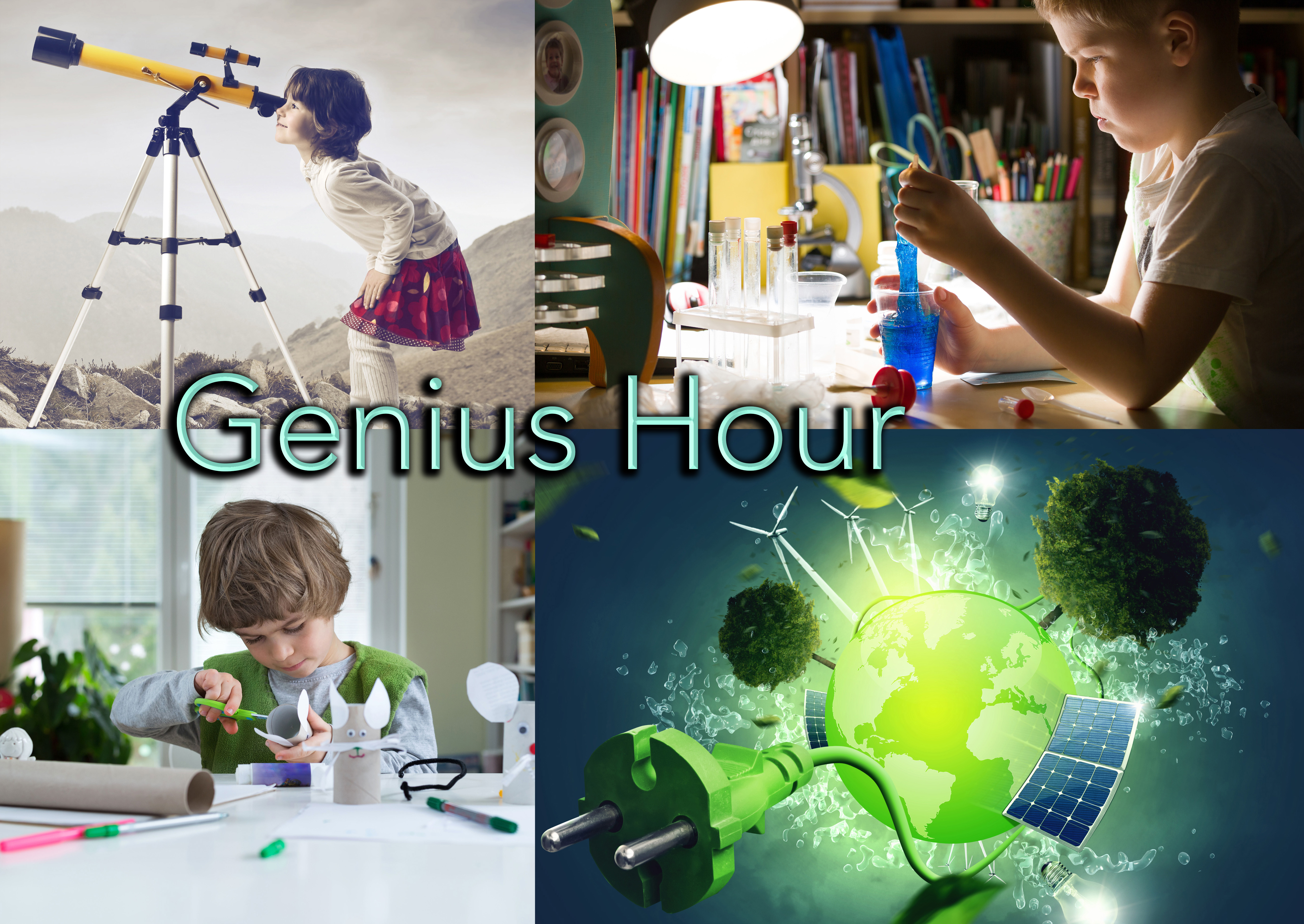
Recent Comments